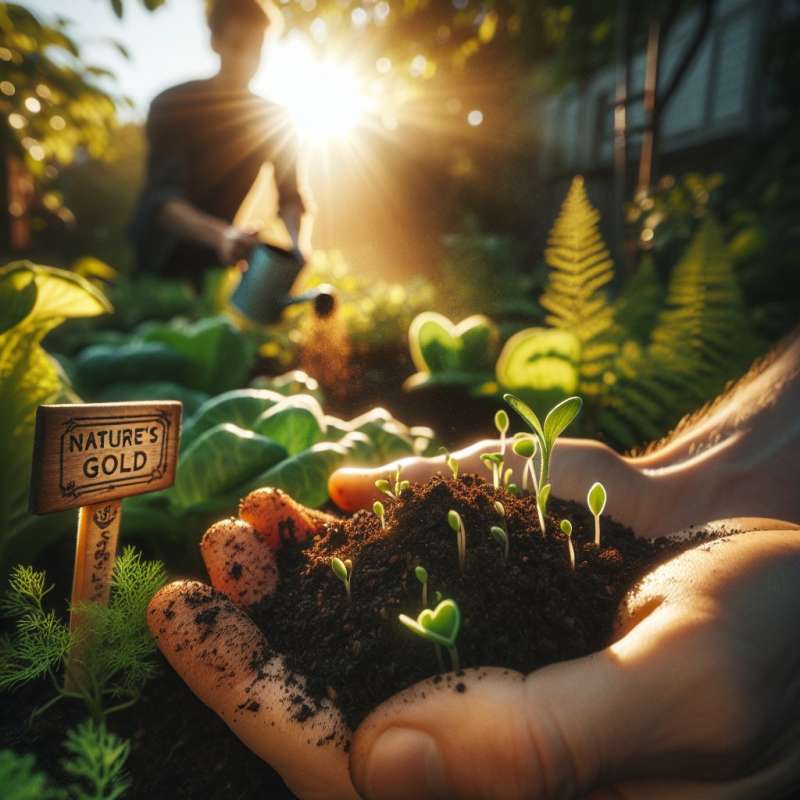
What is Composting?
Composting is nature's process of recycling decomposed organic materials. Surprisingly, it reduces household waste by up to 30%, turning it into rich soil, also known as black gold.
Benefits of Composting
Beyond waste reduction, composting enriches soil, suppresses plant diseases, reduces the need for chemical fertilizers, and lowers your carbon footprint by minimizing methane emissions from landfills.
Composting Key Ingredients
Balance 'greens' like vegetable scraps for nitrogen and 'browns' like dry leaves for carbon. The ideal ratio is 1:3, which accelerates decomposition and increases nutrient content.
Composting Myths Debunked
Contrary to belief, composting doesn't always attract pests. With proper techniques, like burying food scraps and maintaining your pile, you can deter rodents and insects effectively.
Aerating Your Compost
Aerating, or turning your compost, introduces oxygen that's crucial for decomposition. Do this weekly to maintain a healthy compost that doesn't smell—speeding up the process.
Compost's Secret Weapon
Ever heard of 'compost tea'? It's a nutrient-rich liquid made from steeping compost in water, and it's a potent, natural fertilizer for your plants.
Troubleshooting Tips
If your compost pile smells, it might be too wet or lack oxygen. Adjust by adding browns, turning more frequently, and checking for proper moisture levels.Compost Heats Up
Did you know? A well-maintained compost pile can reach temperatures up to 160°F, hot enough to kill weed seeds and harmful pathogens!
What does composting transform waste into?
Nutrient-poor substance
Toxic soil conditioner
Rich soil (black gold)
Company